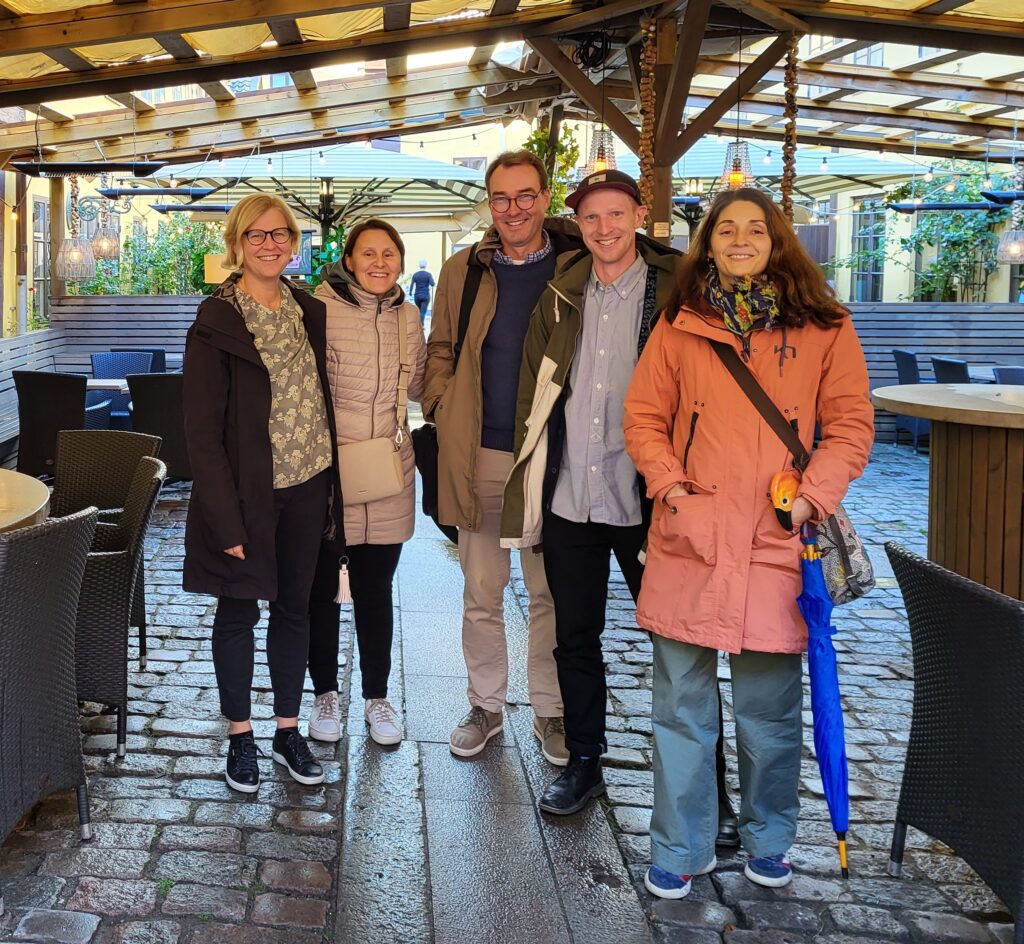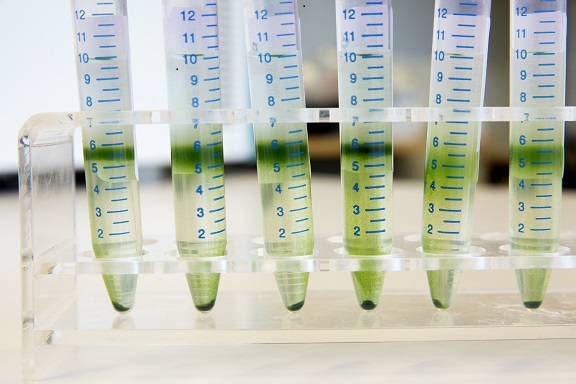The Story of Success highlights innovative regional companies in Plant and Food science which are bridging the gap between research and industry. In this interview, Mariette Andersson introduces SolEdits, a unique company focusing on potato breeding using CRISPR-Cas9. How does the method work, and who can benefit from the company’s service? Read the interview below!
Please, briefly introduce your company.
SolEdits are breeding potatoes using the Nobel prize-awarded gene scissor, CRISPR-Cas9. It is a spin-off company from SLU introducing traits in various potato genotypes as a service. For example, a customer can come to us with a potato genotype of their choice, and we will add genetic variation to that genotype by inducing mutations in pre-defined gene targets. Through genetic variation, we add traits that benefit our health and/or the environment. A customer can also come with a gene of interest, and we can knock out the gene to help breeders/researchers solve their research questions. 
What was your motivation to start the company?
We had developed a CRISPR-method for potatoes at SLU that was extremely precise and efficient, and we realized after a few years that it would have great potential, not only for research but also for breeding. But from there to take the scary leap to start a company is not obvious. Three things were very important; First, we already had potential customers asking for our support for development projects that didn’t fit within the scope of the University; hence we could not help them in our roles at the University. Secondly, we had a tight connection with several persons with complementing competencies to ours supporting during the development of the business model and starting the company. They all joined the board of SolEdits. And thirdly and most importantly, the competence of the research group was extremely high, which was the key to success for the creation of the innovation, and all amazing colleagues wanted to join the startup journey.
It was, in the end, a rather smooth process to start the company, with the joint driving force from colleagues and the board of making the method available for everyone in the potato business area through this service. We are today very happy that we can help our customers throughout the potato value chain to reach their quality and sustainability goals, as well as support various research tasks

Can you tell us more about the technologies SolEdit uses?
We use a DNA-free method to induce genetic variation. By that, we ensure that no new DNA is inserted in the genome, which otherwise might give some challenges in deregulation. We are inducing the edits in the genome of single cells, protoplasts, from which we stimulate cell division, callus formation, and eventually shoot induction. The whole process, from edits to planting events in the greenhouse, takes about one year.
What type of market are you targeting?
We can support customers throughout the whole potato value chain and in all different market segments like the starch-, table, and industrial potato markets. The closest to market introduction is a starch quality trait that will reduce the use of chemicals in downstream processing of the starch, with 5,000-6,000 tonnes of chemicals per year in Sweden alone. The Swedish potato industry is looking forward to hopefully being able to grow these potatoes soon, which will make a major contribution to their work for increased sustainability.
Where are you now and where will your company be in 5 and 15 years?
Today we are 5 employees, all working part-time at the company and SLU. If we will stay stable in size or grow substantially in the number of customers is a bit dependent on how the regulation of gene-edited crops will look in the EU in the future. Currently, a modernized GM regulation is under development, and a suggestion will be presented by the commission in the first half year of 2023. Even though we are a global company that can support customers from all over the world, the outcome of the EU commission study will have a major impact on our future activities.

Thank you for a very interesting interview, Mariette! We wish you the best of luck and success in your future paths!
(Photo: Mariette Andersson)

